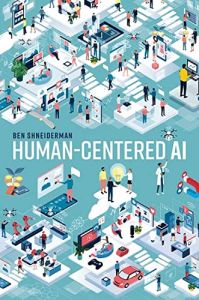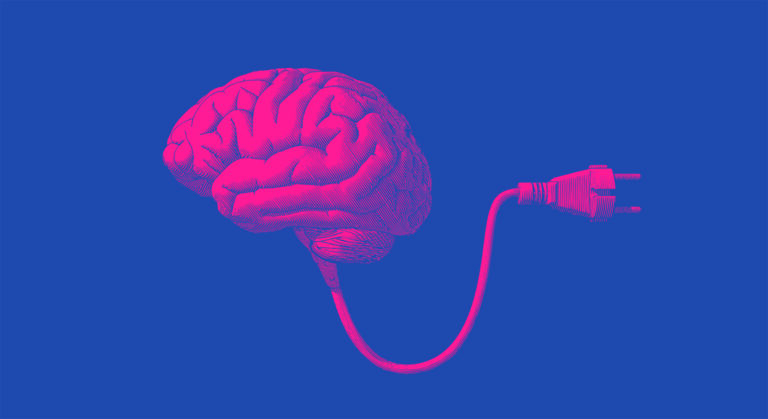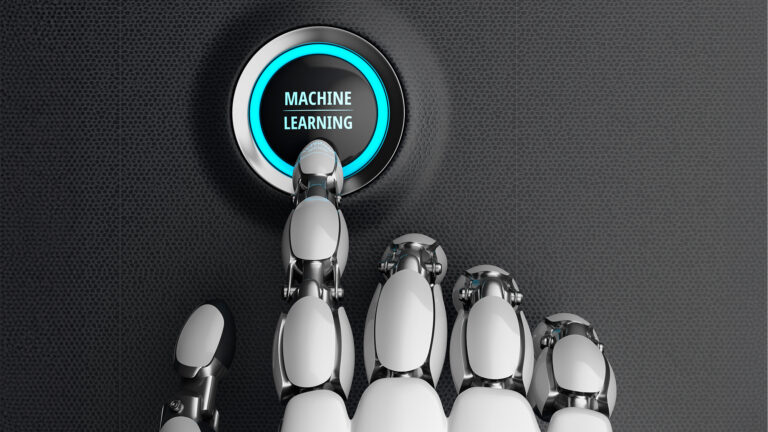Join getAbstract to access the summary!

Join getAbstract to access the summary!
Ben Shneiderman
Human-Centered AI
Oxford UP, 2022
What's inside?
Human-Centered AI (HCAI) will help human beings shape technology’s future.
Recommendation
Humans have made tools since prehistoric times. And tools or technologies – like the steam engine, the telegraph or electric lights – change how people live. Thanks to advances in algorithms, machine learning and deep learning, today’s artificial intelligence is a super tool that may improve human life on many levels, from health care to education to the environment. But criminals, terrorists and people seeking to undermine democratic governments can also use AI. Human-Centered AI (HCAI) provides strategies for grounding AI in human values and deploying this powerful new technology to improve, not diminish, people’s lives.
Summary
About the Author
Ben Shneiderman is an emeritus distinguished professor in the University of Maryland’s Department of Computer Science and the founding director of its Human-Computer Interaction Laboratory.



















Comment on this summary